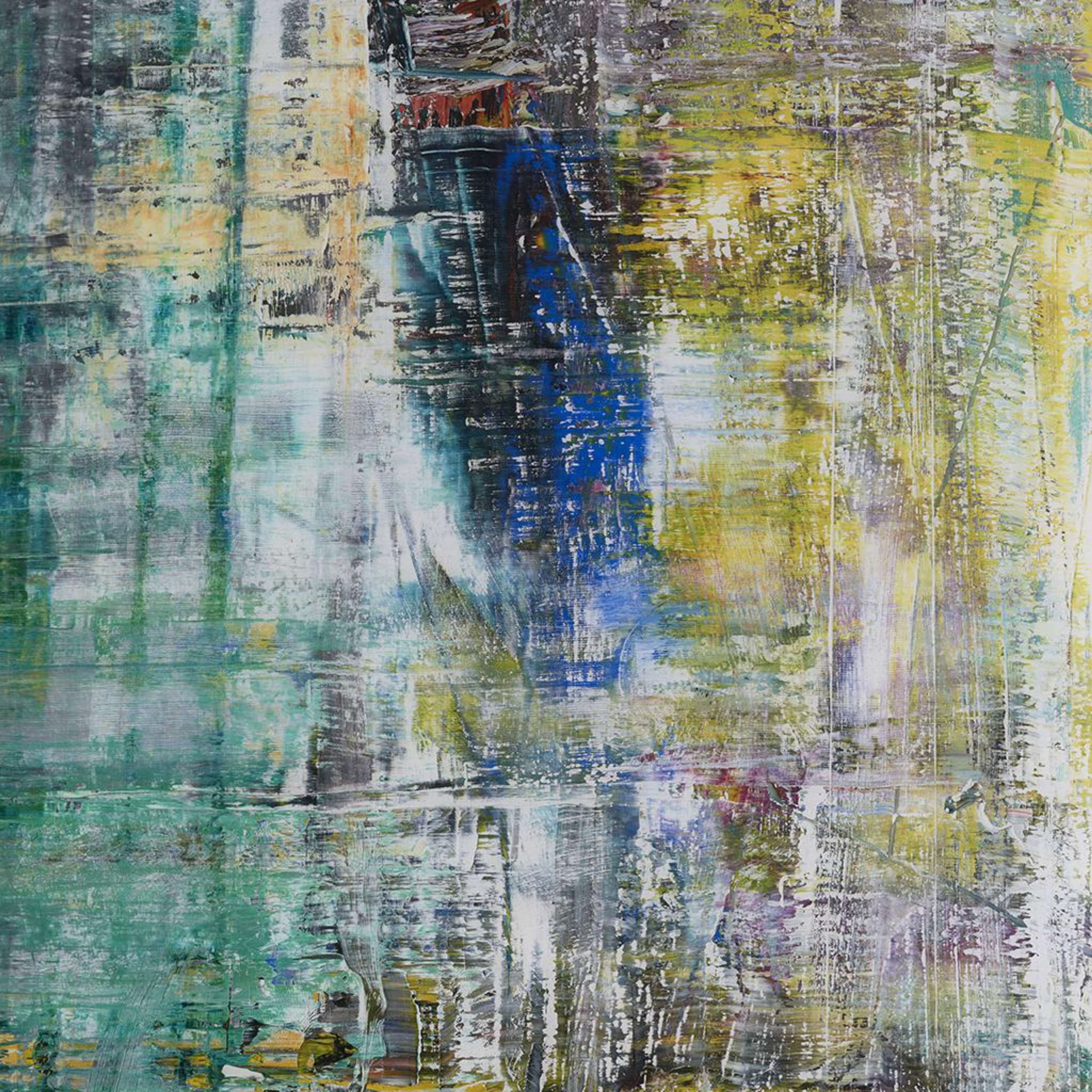
Cage (P19-6)
Cage (P19-6)
Unsigned Print
Gerhard Richter
£9,500-£14,500
$19,000-$29,000 Value Indicator
$18,000-$27,000 Value Indicator
¥90,000-¥140,000 Value Indicator
€11,000-€17,000 Value Indicator
$100,000-$150,000 Value Indicator
¥1,970,000-¥3,010,000 Value Indicator
$12,500-$19,000 Value Indicator
There aren't enough data points on this work for a comprehensive result. Please speak to a specialist by making an enquiry.
100 x 100cm, Edition of 200, Giclée print
Auction Results

Track auction value trend
Meaning & Analysis
Issued in a limited edition of 200, Cage (P19-6) is an unsigned giclée print by Gerhard Richter - the East German-born master of the ‘blur’ painting. Made after one of the artist’s abstract works, the print belongs to Cage Prints: a series that brings together prints made after a number of paintings executed in 2006 and exhibited, for the first time, at the 2007 Venice Biennale.
Bearing a closer resemblance to the artist’s abstract paintings of the 1990s (e.g. Abstraktes Bild (P1) (1990)) than to his 2006 Cage Paintings, after which the Cage f.ff and Cage Grid series were both made, Cage (P19-6) makes an extended use of brighter yellows, greens, reds, and blues. In this particular print, we can see these hues dragged and scraped across the surface of the canvas in both vertical and horizontal directions; a visual testament to its own creation, and the large, home-made squeegees that were used during this dynamic process, the centre of this arresting image reveals deeper layers of paint concealed beneath its surface.
The friendship between Richter and art critic Robert Storr saw that the original work, after which this print was made, was exhibited at the 2007 Venice Biennale: Storr, who who was responsible for the first large-scale Richter solo exhibition at MoMA in 2002, was the then director of the Biennale. John Cage - after whom the print is named - also provides a musical and conceptual accompaniment to this particular work; his droning, atonal compositions were of great interest to Richter during 2006, and were channelled into the similarly visceral and ascetic contours of its surface.
